- Learning time
- 40 minutes
- First play time
- 150 minutes
The Princes of Florence
Designed by: Jens Christopher Ulrich,Richard Ulrich,Wolfgang Kramer
The Princes of Florence sets players the challenge of becoming the most prestigious family in renaissance Florence. How they achieve this – or attempt to – is a mixture of bidding and careful placement of buildings on their player mat, which represents their own Palazzo: their vision of Florence!
Each turn there are seven options to bid on in an auction: parks, forests, lakes, builders, jesters, recruitment cards and prestige cards. The winning player in an auction takes the lot and, if it is a park, forest or pond, adds it to their player mat. The Builder makes it cheaper or more convenient for you to construct your buildings; Jesters increase the value of your buildings; Prestige cards potentially get you bonus points at the end of the game by picking up Bonus cards, and Recruitment cards allow you to ‘recruit’ a professional card from another player after they have actioned it (i.e. scored it, which removes it from their hidden hand onto the table). Each player starts with one hidden Professional, and what they do is reward certain buildings or freedoms (more of which in a moment) that you add to your Palazzo.
After each player has taken something during the auction phase, there is now an action phase. Players now have two actions each. They use them to construct buildings by paying to add it to their player mat. There are restrictions in placement though – buildings can’t be adjacent unless you have two builders on your mat (although they can be placed corner-to-corner). Another action is to introduce Freedoms: they are travel, opinion and religion which, like the buildings, are there to please your professionals.
Your Professionals can also be scored in the action round. For instance, your professional Dramatist loves having both a theatre, a park, freedom of religion and Jesters. So when you play him to the table, these would be the things you’d be scoring, assuming you’d added them to your Palazzo. You need to time these actions carefully, as they become more expense to do so as the game progresses.
The game continues for seven rounds. At the end players add to their total any points they score from their hidden Prestige cards to points already scored, and the highest wins!
What at first may seem like a bubbling combination of different game mechanics will, through a couple of plays of the game, reveal itself to be quite streamlined. Whatever professionals you want to encourage in the city, then obviously you build the appropriate things to attract them. Having done this, the professionals produce better work, and you have a better, more rewarding Florence as a result!
The guru's verdict
-
Take That!
Take That!
There's no direct combat in The Princes of Florence - even the 'recruitment' of each others cards happens after those cards have been played. But like any game the object is to win, and it's possible to pick up on other players' strategies and make moves to negate them a little.
-
Fidget Factor!
Fidget Factor!
Not really a game for little ones, Princes does require a little thought.
-
Brain Burn!
Brain Burn!
There are two balances to be struck here - what you are willing to pay for your ideal lot in the auction phase, and where to make compromises in your strategy, as there will surely have to be.
-
Again Again!
Again Again!
There's a bit to get your head around on the first play of Princes, but by the end of it the structure of the game should be clear, along with the fact that it will always be different due to the randomness of the cards.

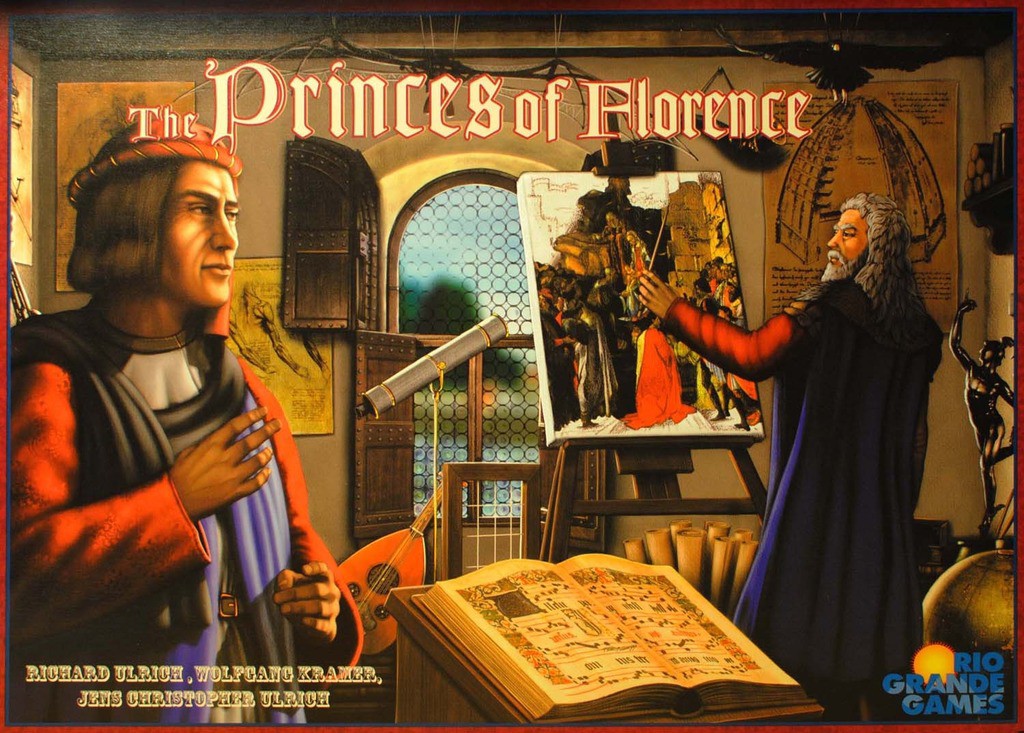
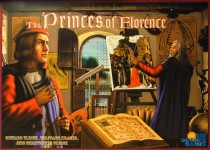
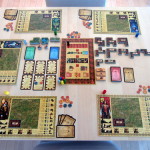
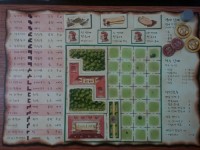


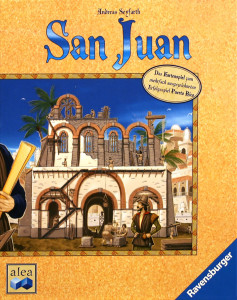
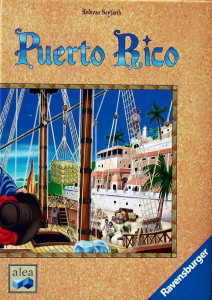
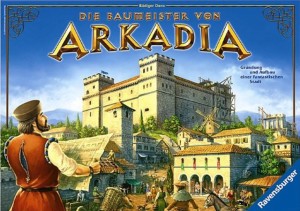
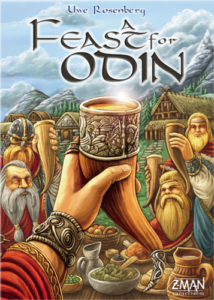
Sam says
Princes of Florence is one of those games where the first play is like some Herculean task or penitence. There's a lot to bear in mind; a lot to think about. But all games have an element of obstacle on their first play, and while a bigger obstacle doesn't necessarily equate to a better game, Princes of Florence - like other bracing first-play challenges Eclipse, Caverna or Colonial - is worth the time. Because once you know the game it's absorbing, challenging, and all the seemingly disparate parts come together.